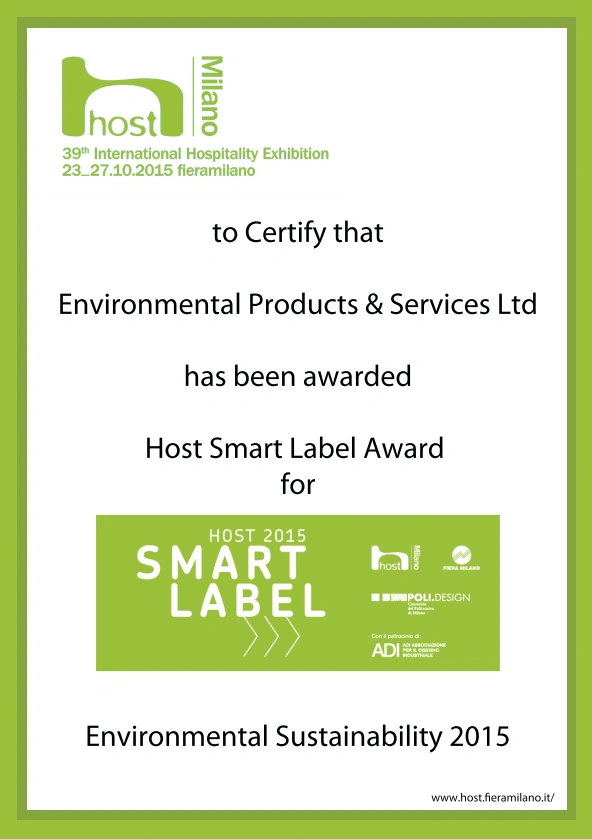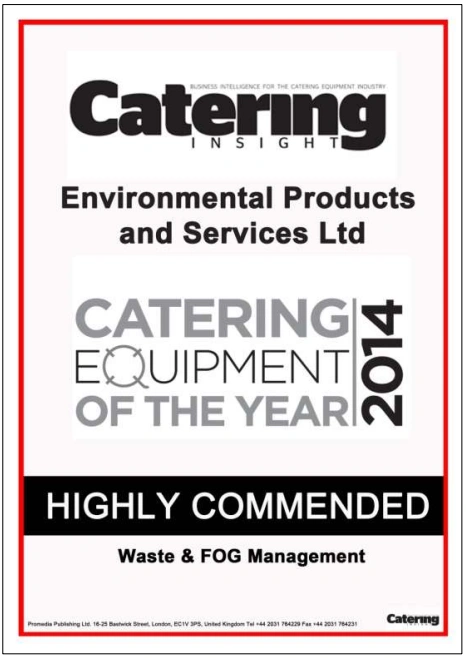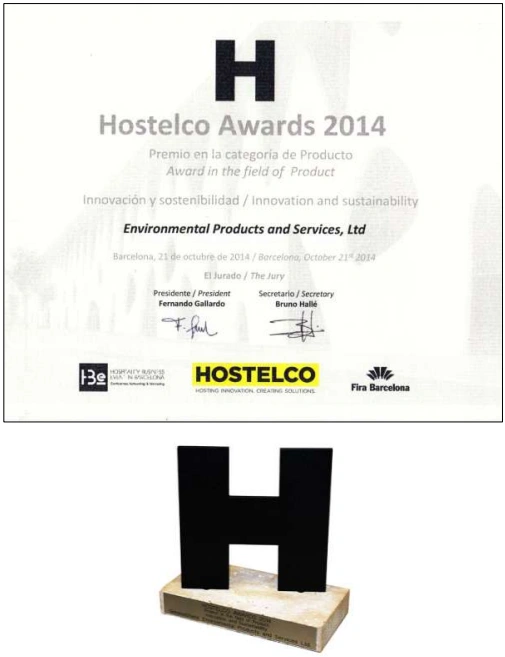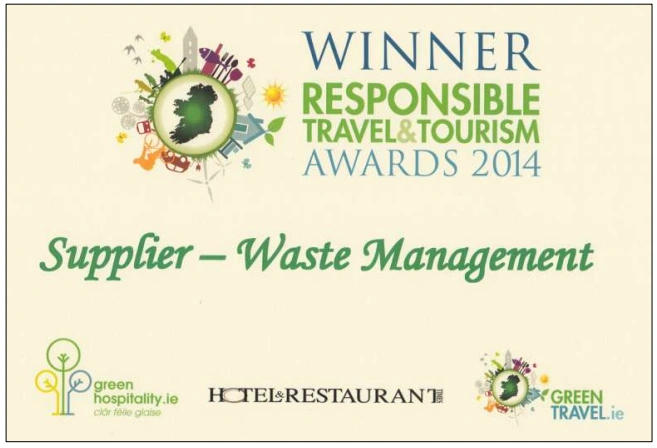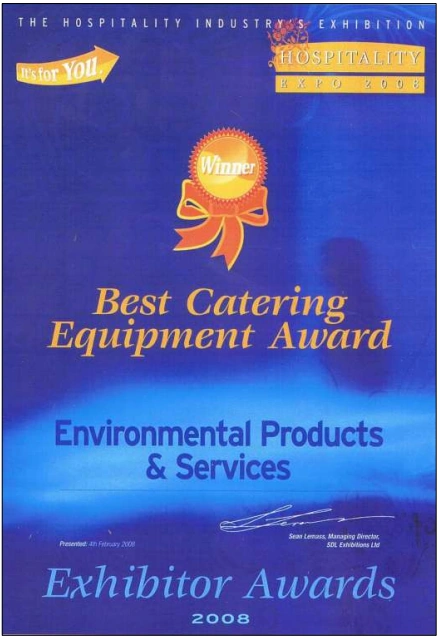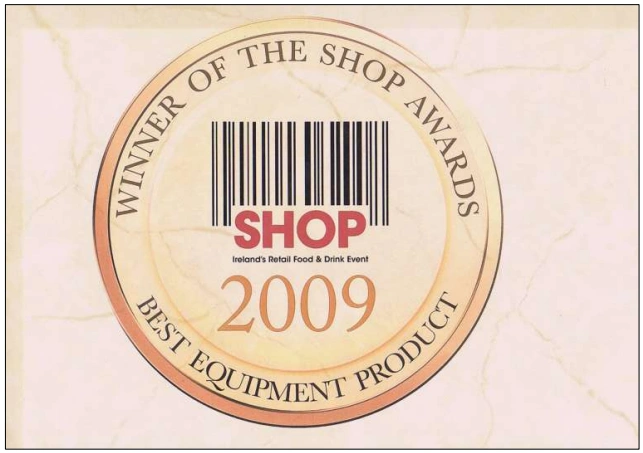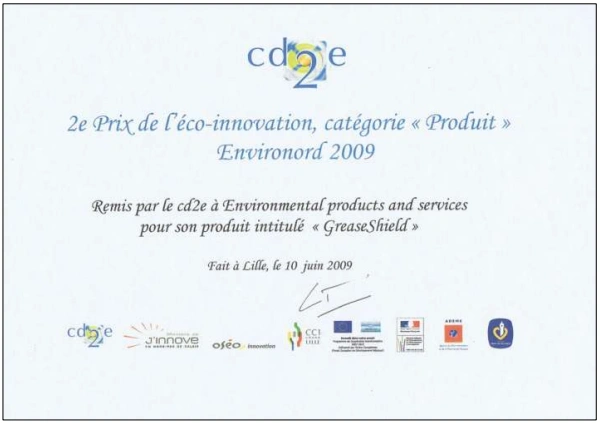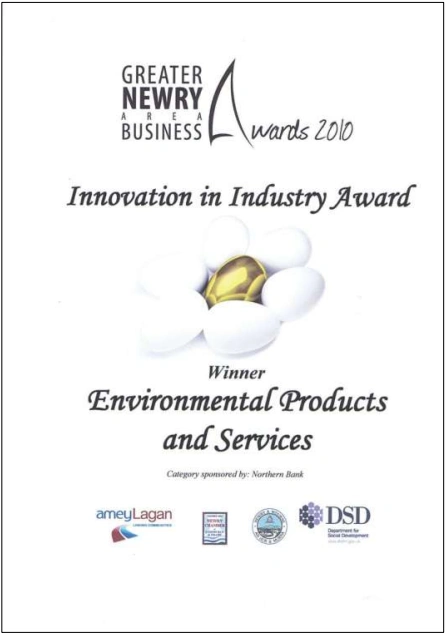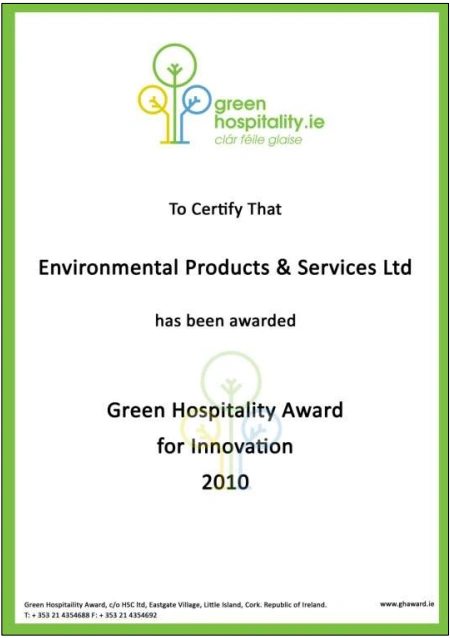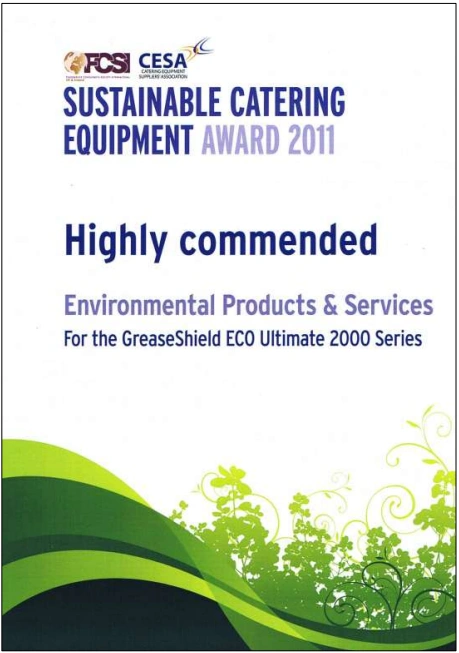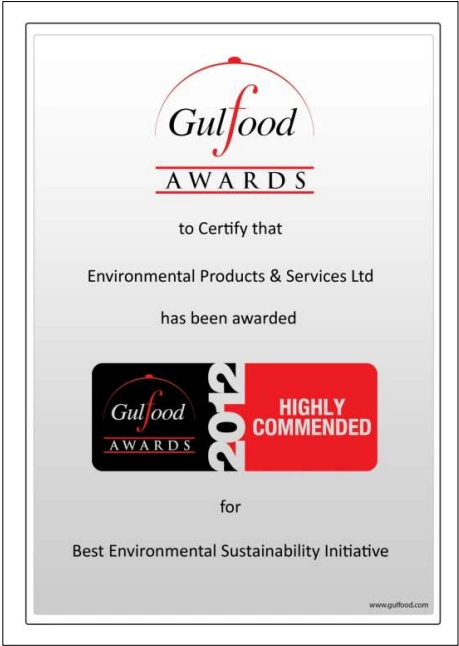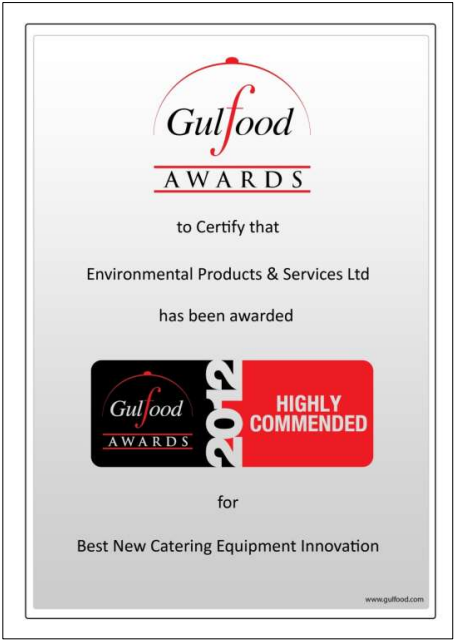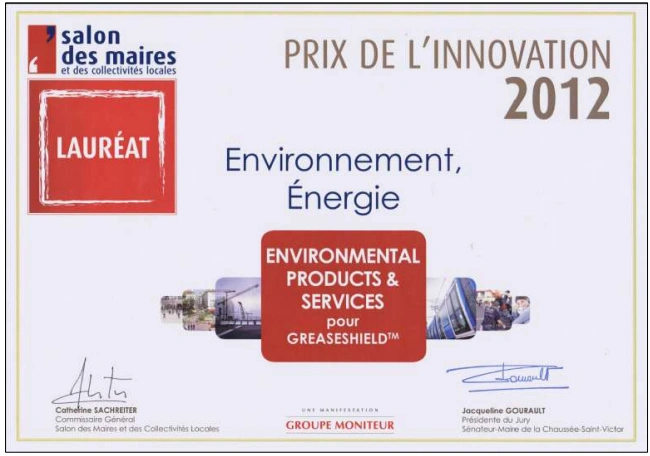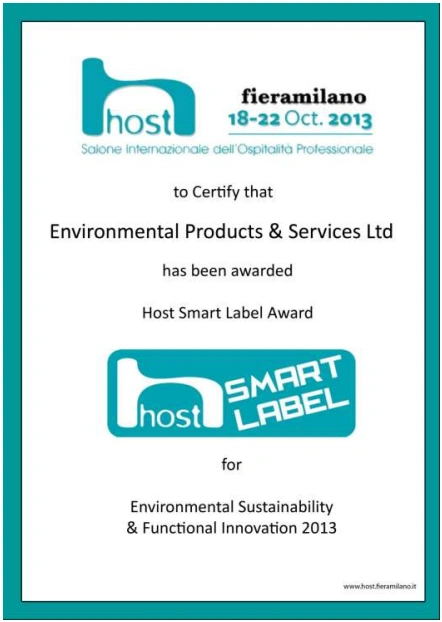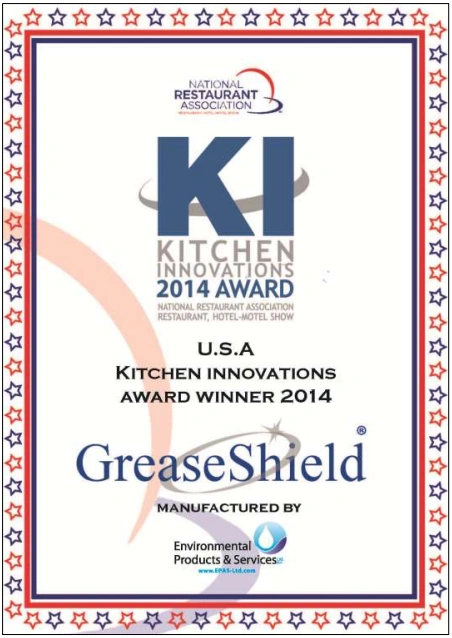Running a restaurant in the UK goes beyond preparing great food and delivering excellent service. Restaurant owners must also comply with various health and safety regulations. One important area of compliance is the management of fats, oils, and grease (FOGs). Without effective grease management, restaurants can face blocked drainage systems, environmental pollution, and hefty fines.
To prevent these issues, the UK has strict regulations for installing and maintaining grease traps. Understanding these regulations helps restaurant owners stay compliant, avoid penalties, and support environmental sustainability.
Why Are Grease Traps Important?
Grease traps stop FOGs from entering the wastewater system. If grease goes down the drain, it can cool and solidify, causing blockages. This leads to expensive repairs and environmental harm, including water contamination.
Restaurants, which produce large amounts of FOGs, need properly installed and maintained grease traps. In the UK, local water authorities and environmental agencies enforce rules to make sure businesses follow proper grease management practices.
UK Grease Trap Regulations: Key Points for Restaurant Owners
Here are the key grease trap regulations every restaurant owner in the UK should be aware of:
1. Mandatory Installation of Grease Traps
Restaurants and commercial kitchens must install grease traps as part of their waste systems. According to the Water Industry Act 1991, businesses are responsible for ensuring that FOGs don’t enter public sewers. If your restaurant causes blockages due to poor grease management, you could face fines or prosecution.
2. Regular Maintenance and Cleaning
Installing a grease trap isn’t enough; you must also maintain it. Cleaning the trap regularly is essential to keeping it effective. How often you clean it depends on how much grease your kitchen produces.
A poorly maintained grease trap can malfunction, leading to blockages and non-compliance. Keeping a cleaning schedule and detailed service records helps avoid these problems.
3. Compliance with Environmental Agency Standards
Under the Environmental Protection Act 1990, restaurants must dispose of waste, including grease, responsibly. This means using licensed waste disposal services. Illegally discharging grease waste into sewers or water systems can lead to severe fines and environmental damage.
Always use licensed waste carriers and keep documentation as proof of proper disposal.
4. Local Authority Inspections
Local water authorities and environmental health officers may inspect your grease traps. These inspections check that your traps are installed, working correctly, and being maintained.
If your system isn’t compliant, you may face fines or be required to make immediate repairs. Regular maintenance and good record-keeping can help you pass these inspections.
5. Best Practices for Grease Management
In addition to complying with specific regulations, there are best practices that restaurant owners can follow to ensure that their grease traps function efficiently and sustainably. These include:
- Avoiding Pouring Grease Directly into Drains: Kitchen staff should be trained to properly dispose of cooking oils and fats rather than pouring them down the sink.
- Using Strainers in Sinks: Installing strainers can help capture food particles and grease before they enter the drainage system, reducing the load on the grease trap.
- Educating Staff on Grease Management: Regular training on the importance of proper grease disposal can help staff play a crucial role in maintaining an effective grease management system.
Staying Ahead with Grease Trap Compliance
Grease trap regulations are designed to protect the environment and ensure proper waste management. Restaurant owners must stay updated on these rules to avoid fines, maintain smooth operations, and protect their businesses.
Investing in advanced grease management technology can help you stay compliant. Regular maintenance of your grease trap ensures fewer breakdowns, fewer blockages, and reduced risk of fines.
GreaseShield®: A Compliant and Efficient Solution
One way restaurant owners can ensure compliance with UK grease trap regulations is by adopting advanced technologies like GreaseShield®. This innovative system not only intercepts FOGs but also utilizes smart monitoring sensors to help restaurant owners track grease levels and system performance in real-time. This allows for more efficient maintenance, reducing the risk of blockages and ensuring that your restaurant remains fully compliant with local regulations.
Protect Your Business and the Environment
Grease trap regulations in the UK are in place to protect public sewers, the environment, and businesses from the costly consequences of improper FOG management. Restaurant owners who invest in effective grease management systems and adhere to regulations can safeguard their operations against fines and service disruptions while playing an important role in environmental sustainability.
Need help staying compliant with grease trap regulations?










